Civilians of warring parties are always major victims and the protection of their rights during armed conflict is a key principle. Heads of states or warring parties, who violate these principles, are considered international war criminals and the perpetrators of genocide are tried in international courts.
The Nuremberg trials against the surviving political, military, judicial and economic leadership of Nazis are often remembered. The crimes committed by the Serbian political-military leadership in Bosnia and Herzegovina are also remembered. The Serbian authorities bombed civilian territories in Bosnia and Herzegovina. In July 1995, the Serbian army killed at least 8,300 Bosnian Muslims in the city of Srebrenica. Serbian President Slobodan Milosevic and the military top brass were prosecuted for crimes committed in Bosnia and Herzegovina. They were sentenced to various imprisonment terms by the International Court of Justice. The Serbian parliament passed a resolution in 2010 apologizing to the Muslim people of the region for the massacre committed by the Bosnian Serb army in Srebrenica 15 years ago. On April 25, 2013, then-Serbian President Tomislav Nikolic also apologized for the genocide. "I kneel down and ask for Serbia's forgiveness for the massacre in Srebrenica. On behalf of our state and people, I apologize for these crimes committed by some people."
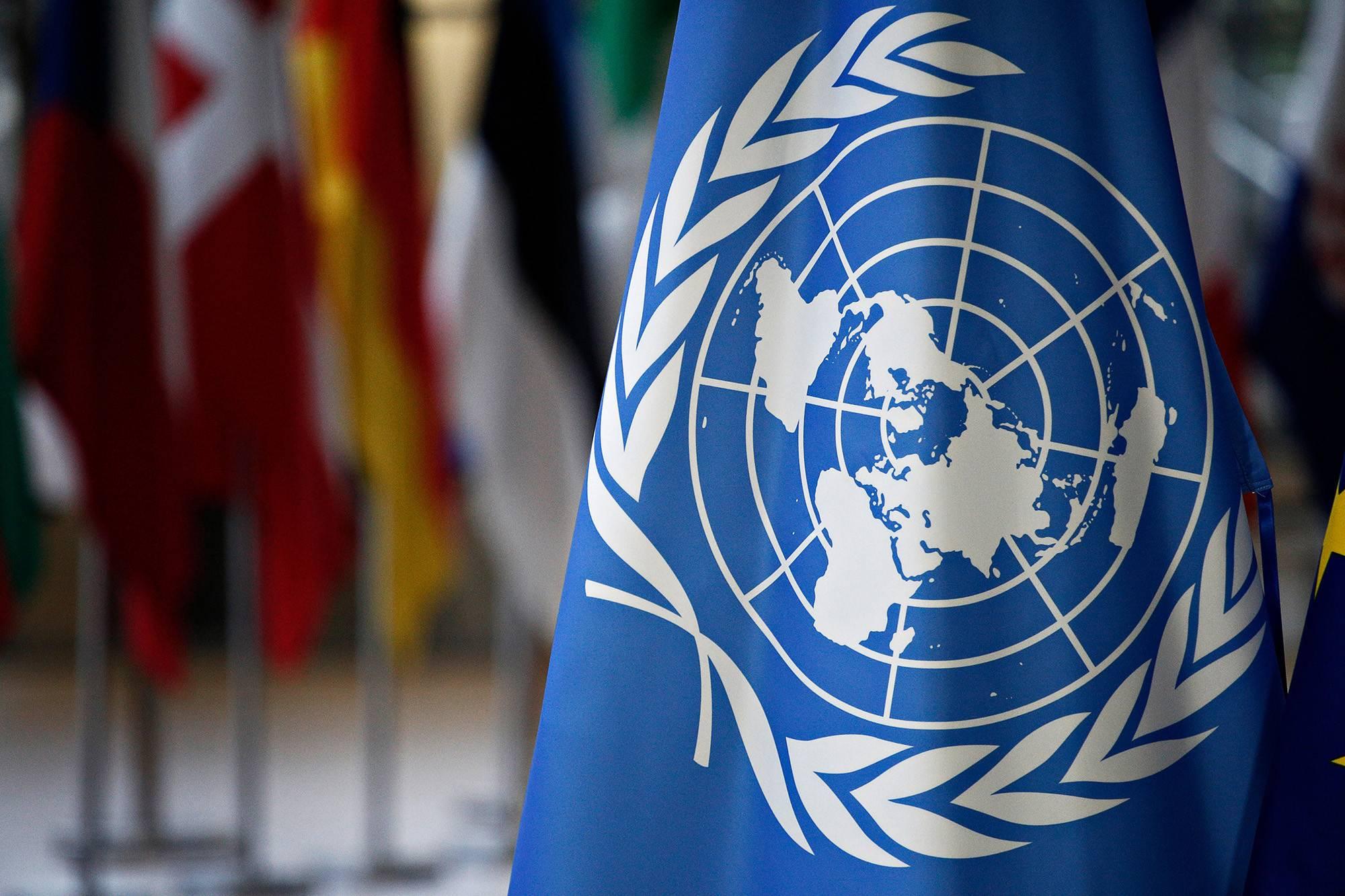
The war does not last forever, it ends sooner or later. After the end of wars and armed conflicts, a stage of punishing culprits begins. The rights of civilians during wars and armed conflicts are protected by a number of international laws and regulations. One of them is international humanitarian law. The goal of international humanitarian law is to minimize the suffering and deprivation that people involved in any armed conflict have to endure. Moreover, international law on armed conflicts is codified in The Hague Conventions, the 1949 Geneva Convention for the Protection of Victims of War, and their 1977 Additional Protocols, UN General Assembly resolutions, and other documents.
Let us see some of the goals and objectives of international humanitarian law:
- Restrictions on the parties to the conflict in the choice of methods and means of warfare;
- international legal protection of war victims;
- protection of civilian facilities and cultural property;
- respect for military necessity and protection of public order;
- protection of the interests of neutral states, etc.
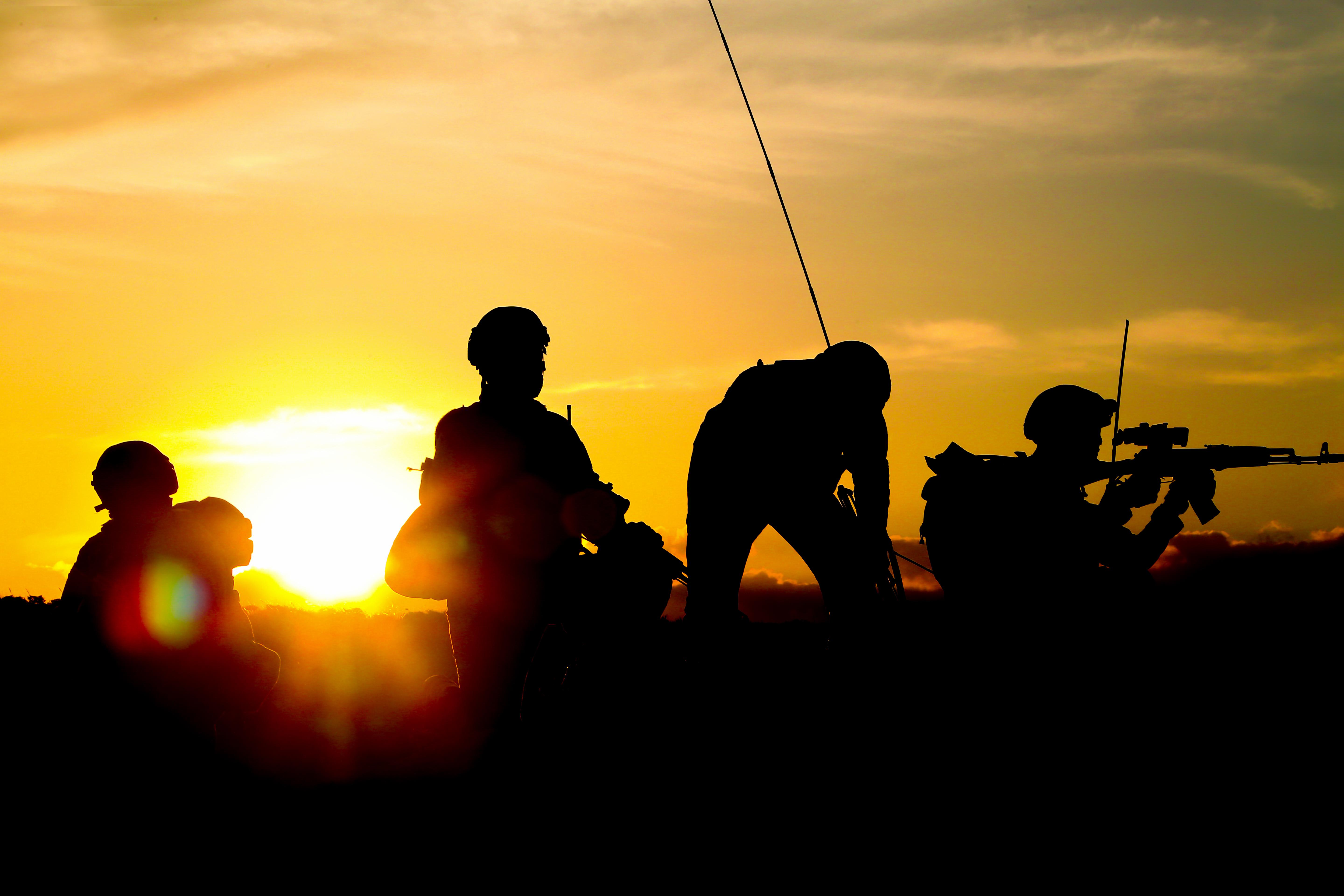
Until November 10, 2020, Azerbaijan was also at war with Armenia. For 30 years, Armenia has committed genocide against civilians in Azerbaijan, destroyed schools, hospitals, kindergartens, houses of culture and other civil facilities, administrative buildings, and houses. During the occupation of Karabakh, the Armenian military also committed crimes against civilians of other countries. On March 17, 1994, an Iranian plane was shot down by the Armenian army over Khankandi. Employees of the Iranian embassy in Moscow and their family members were onboard the plane. As a result of the crime, committed by the Armenian military, 19 passengers and 13 crew members, including 9 children, were killed. During the 44-day war, the Armenian military tried to show its weakness to the civilians of Azerbaijan. Ganja, Tartar, Goranboy, Barda, Mingacevir, Agjabadi came under missile attacks. Armenia fired Iskander, Scud, Tochka-U, Smerch missiles, a large number of Grad, and artillery shells into these cities. As a result of Armenia's shelling of civilian facilities, settlements and civilians during the 44-day war, a total of 93 civilians, including 12 children and 27 women, were killed, 454 civilians were injured, 12,292 residential and non-residential areas, 288 vehicles 1,018 farms were damaged. Unfortunately, neither the current nor previous leaders of Armenia have been tried for violating international humanitarian law. Azerbaijan did not target Armenians, the civilian population, and the facilities of Armenia before or during the Second Karabakh War.
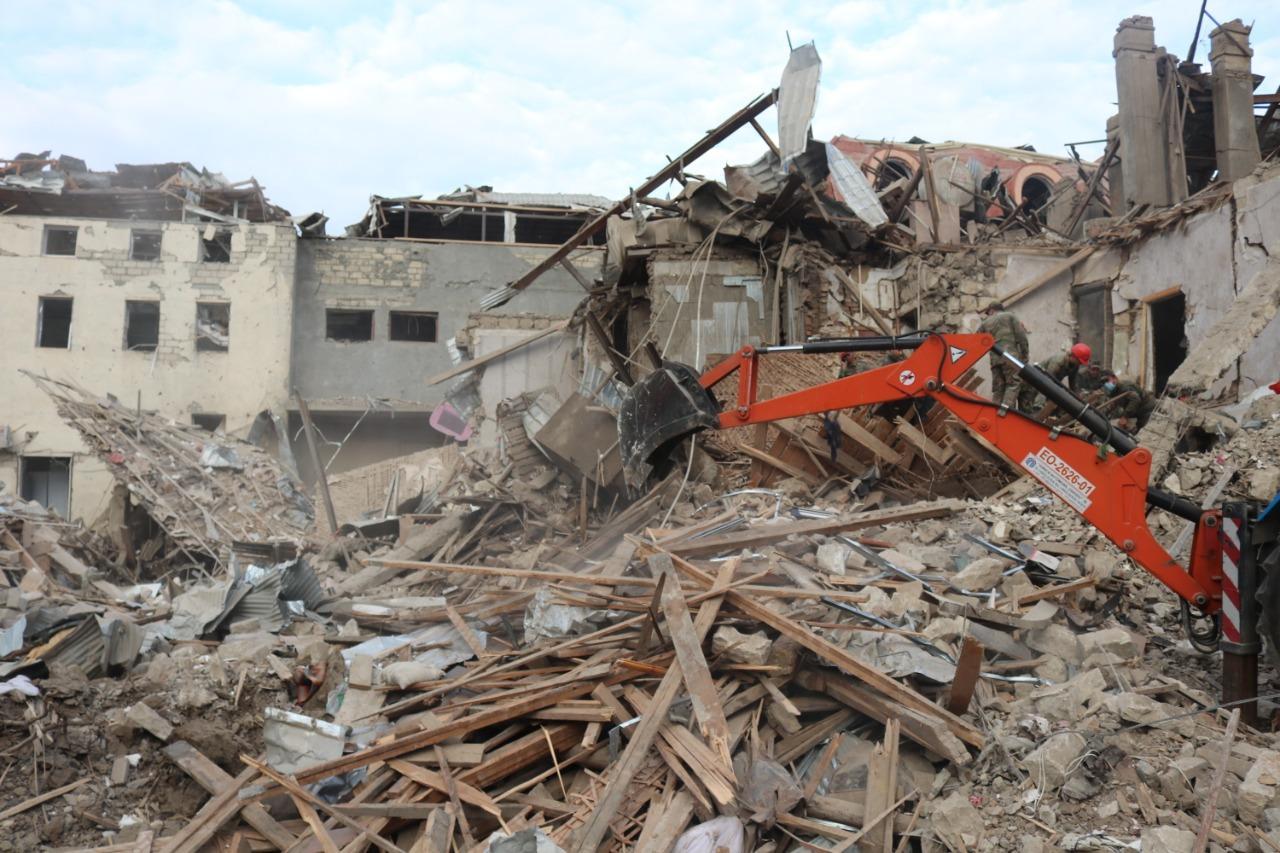
Azerbaijani President Ilham Aliyev said at a meeting with athletes on March 17 that Azerbaijan waged a dignified war.
“We represent a victorious country and a victorious people. We fought the war with dignity and in accordance with all the rules of war. Although our people had a desire for revenge, we did not fight against the civilian population, we did not bomb buildings and we did not commit atrocities. After all, the Armenians committed acts of genocide against us, they conducted a policy of ethnic cleansing against us, so there must have been a sense of revenge. But I said that we would exact revenge on the enemy on the battlefield only. The whole world, all military experts have repeatedly noted that Azerbaijan had waged this war with great skill and mastery, achieved what it wanted in a short time, and respected all the rules of warfare.”
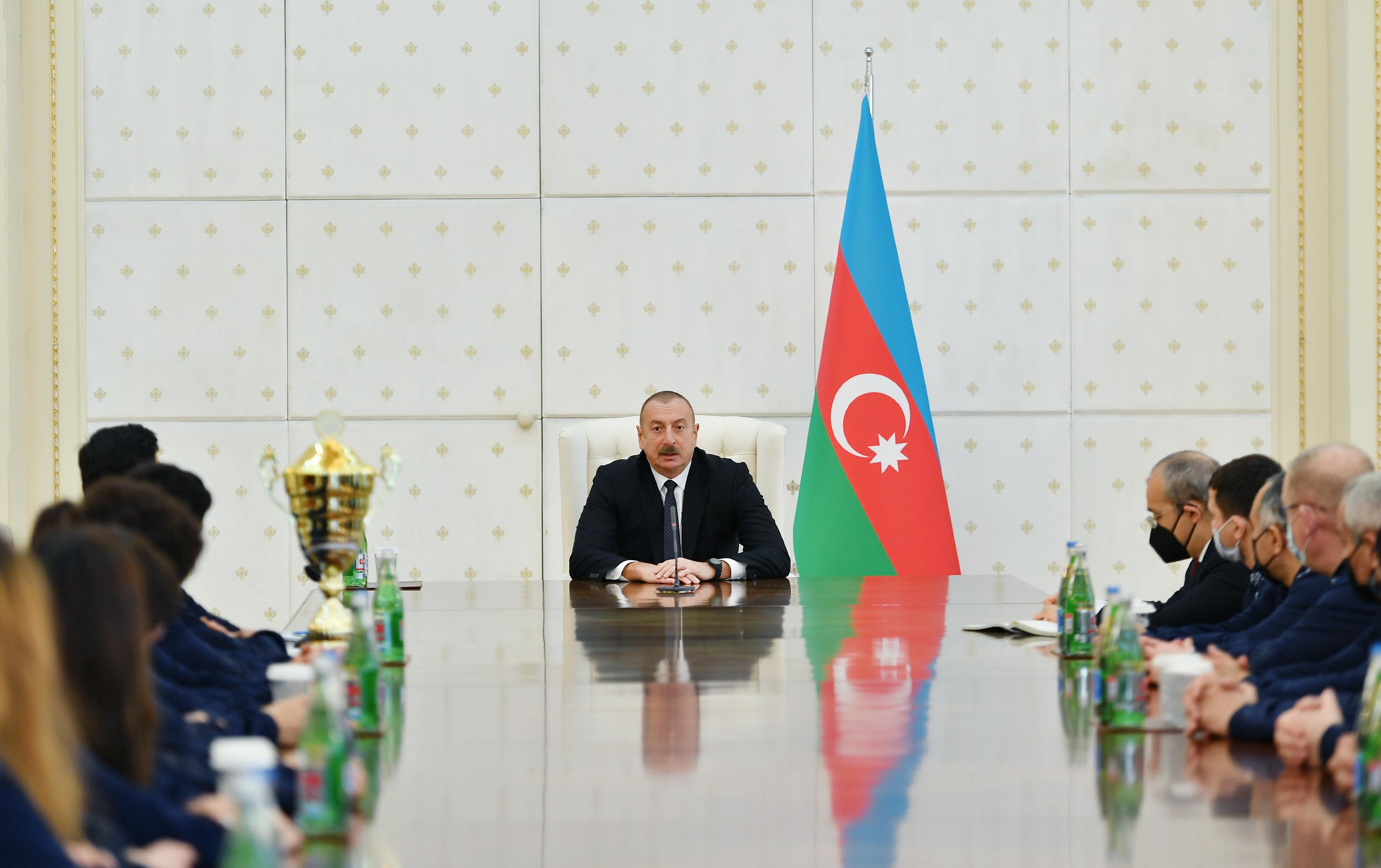
The fact that the Azerbaijani army did not harm civilians is due to their humanism and skilful fulfilment of combat missions. During the 44-day war, the Azerbaijani Armed Forces were much stronger than Armenia. It could have used this advantage to destroy any civilian facilities that hindered the advance of the military and neutralize civilians. The Armenian military was hiding in civilian facilities. They were fighting against Azerbaijan in plain clothes. They were planning to later accuse Azerbaijan of killing civilians. However, this intention of Armenia and Armenians failed. Azerbaijan did not follow their plan. Due to this behavior, the world's military experts have repeatedly stressed that Azerbaijan conducted this war with great skill and mastery, achieved what it wanted in a short time, and fought with dignity by complying with all the laws of war.
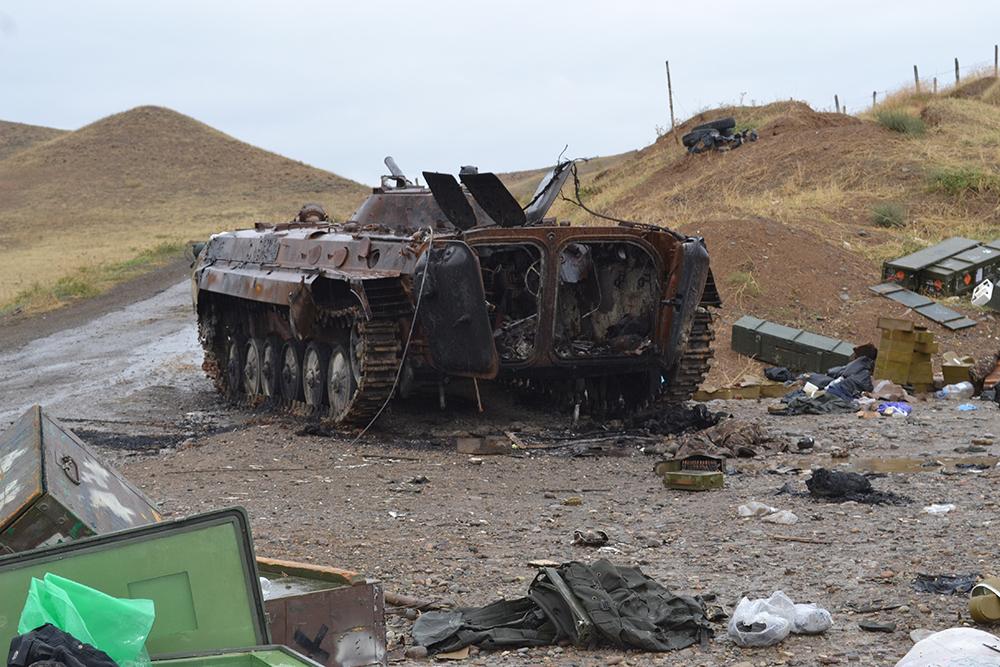
Azerbaijan liberated its lands from occupation, protected its territory from aggression, and ensured the security of the state. It did not kill civilians, unarmed and defenceless people. Azerbaijan fought with the principle of "do not kill those who are defeated", "do not kill those who ask for mercy". For such reasons, all the rules and laws confirm that Azerbaijani servicemen are right. Defenders of the rights are worthy. By winning and behaving with dignity, the Azerbaijani military has come out of the war, gone through this ordeal with honour for both the country and the international community.


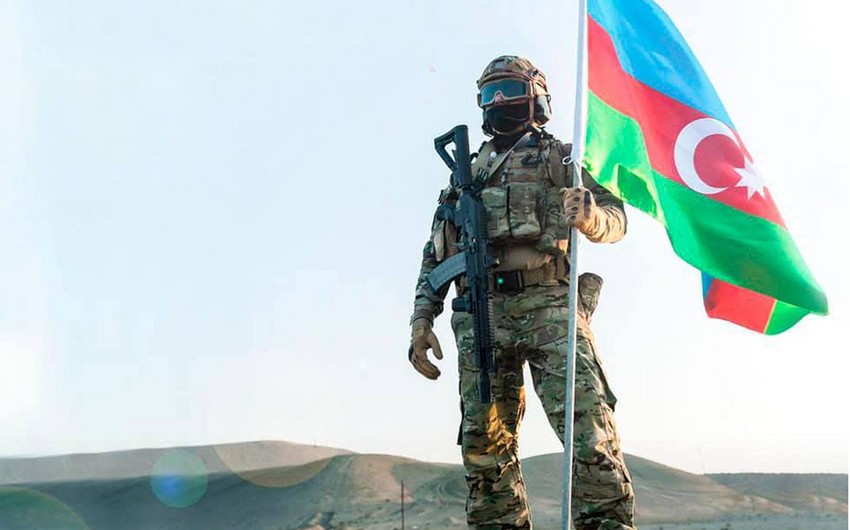 https://static.report.az/photo/30b38092-c88e-3cfe-bae6-b281df17dc6e.jpg
https://static.report.az/photo/30b38092-c88e-3cfe-bae6-b281df17dc6e.jpg

